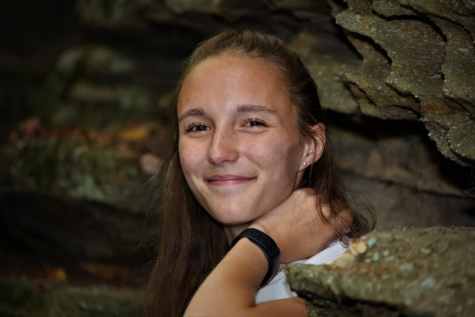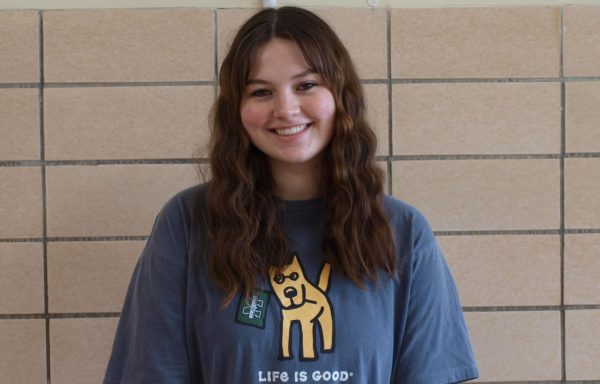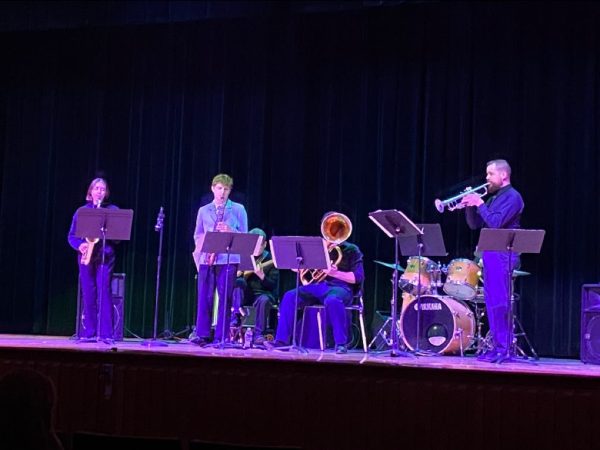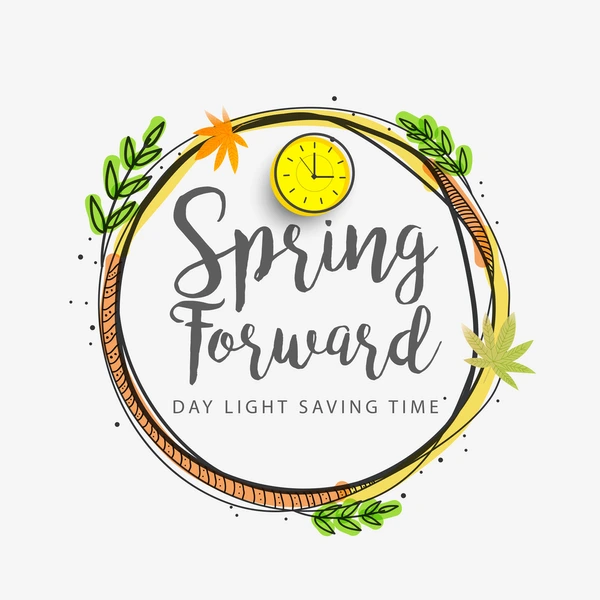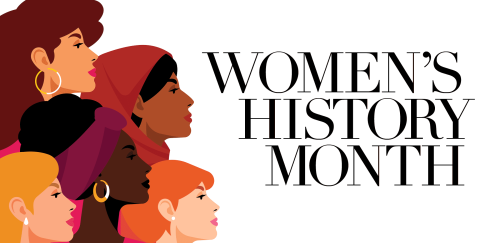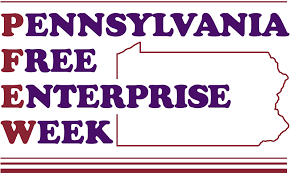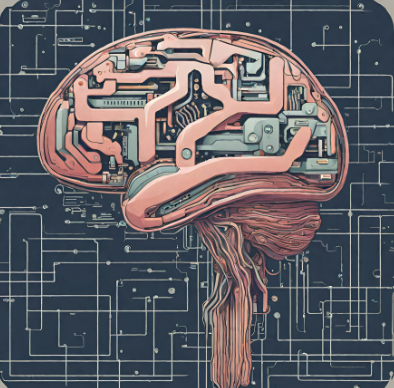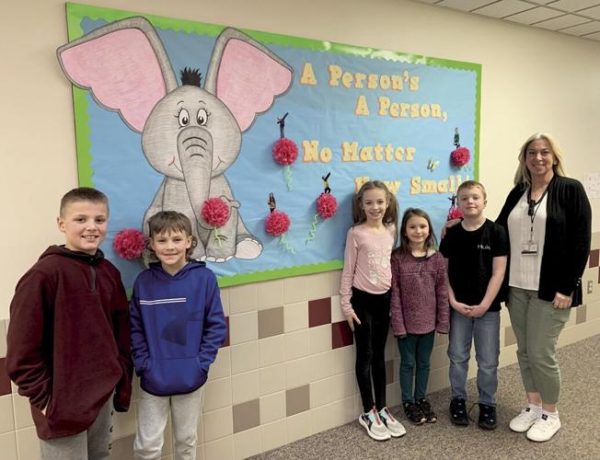Music is the key that can unlock learning
How learning music corresponds with other subjects

December 22, 2020
When learning music you’ll notice after a while that in ways it corresponds with how you learn and what you learn in other subjects.
For example, the time periods that you’ll read in English, such as literature from the romantic period, line up with the same timelines in music as well as other forms of art. When experiencing art and the expression in paintings from the same time period as a piece of music, you’ll notice the same bold strokes may be in a painting correspond with bold and vibrant chords, while as from another period in history you may have delicate pastel paintings and light airy arias. Stylistically you can notice patterns that are displayed in themes, thoughts, ideas, emotions, etc. in music that are also in literature and artwork from the same period. It also corresponds with when you read one author and their works of literature a lot, it gets easier to read, easier to understand, and you get a general feeling for the author. Well, the same can be said for music. When you play a piece of repertoire by one composer and work on lots and lots of that composer’s arrangements and music, you’ll eventually get a feel for how the composer writes and the patterns they display in their music. You can go from one piece of music that is at the same level of difficulty to another, but if you’ve worked on lots of music before by the one composer and not by the other, you’ll most likely find it a bit more challenging to play through than the style and arranging that you are used to.
With patterns, music is a lot like math, especially when you get into music theory. It is structured and numbered. Each chord and their progressions could represent different shapes or equations and when you manipulate said equation or shape (chords and note progressions) it changes. Music can change in the same way as a math equation because in many ways they are a math equation. When playing an instrument and working through music, you are working through problems in the same way that a mathematician works through problems to solve them. The problems are formulated in many ways, like the structures you encounter in science classes of atoms of different chemicals. Not the exactly the same, but very similar. The process of creating music and experimenting with it also reminds me of how you experiment in science classes to find, discover, and ponder on its noticeable changes when you alter its structure and mix it with other structures and or change/alter its pattern.
When playing music, it’s a lot like linguistics because in ways, music speaks more to the soul. Someone who speaks French and someone who speaks English may not be able to communicate, but they can both understand the emotions, notations, and texture of a German requiem without ever communicating or understanding German. Also, when it comes to reading notes and playing them off the page, the translation between the two and implementation of previous knowledge to turn sheet music into sound with music and technique is a lot like learning to read and speak a new language. Music speaks in ways that are through expression and notation, whereas language is through dialect and pronunciation. When singing a piece in another language, you’ll also form new connections to the dialect and culture with a new respect to it as well. There is a lot of precision in language in the same ways found in music, math, art, and literature.
There is a lot of culture and religion behind pieces as well. Culture is expressed through different forms and styles of music as well as the language put to them. Religion is expressed in pieces that were written for these types of pieces. There are many pieces like “Gloria” that are to exult in the glory of the religion of the composer. They express their religion and culture through it. Different chords and progressions were also different in different societies/countries when composers like Mozart and Beethoven were writing their greatest works. The sociology of how music, history, culture, and society all blended, especially around the times of famous composers like Bach and Paganini and Mendelssohn and Chopin, shaped with, around, and in itself would sculpt how society interacted and intertwined and the modern thinking of the time period. Which wraps into how music correlates with history. For there was Baroque in common practice period (1600-1750), Classical (1750-1820), Romantic (1810-1910), with the Medieval and Renaissance periods as well all in the early music period (up to 1900), and these are each defined divisions in major classical music. There are college classes on music history because the history of music is very important, interesting, and awesome. However, I have always found the most interesting thing about music history to be how it lines up with historical events as well as time periods in art and literature alike.
Lastly, psychology and music is something that in the past twenty or so years we have gained the most understanding of. Music and psychology both aim for better comprehension around experience and musical behavior: how we perceive, respond, create, etc. When you listen to music and scientists observe your brain, it looks like little fireworks going off all through the brain because you activate more parts of your brain when you listen to music, and even more when you play music. Also, when listening and playing music you’re working through its problems and dissolving each way it changes, moves, and flows; you’re bridging connections between the two halves of your brain. Have you ever noticed that you cannot concentrate on anything else while listening to music like reading or typing? You’re using that part of your brain already and it causes a bit of overload when your brain is deeply invested in a challenging problem. There is also musical therapy, which can help people with things such as speech impediments, as well as many other things, make progress they weren’t able to make before. When patients suffer from a stroke and lose all communication skills, music therapy and singing can help recover some of their words because (without going too in depth) they’re stored in different parts of the brain which isn’t effected. Like in the movie Coco (SPOILERS) at the end when the grandmother, who hasn’t been responding or really living much at all, hears music again for the first time in years, a song from her childhood, she is brought back to their reality and can sing every word. That’s not just Disney magic. That’s the real stuff.
In many ways all of these subjects overlap, but music forms more connections between them to discover. It makes you wonder: what are some other benefits and knowledge that might be possible and accessible through music?

